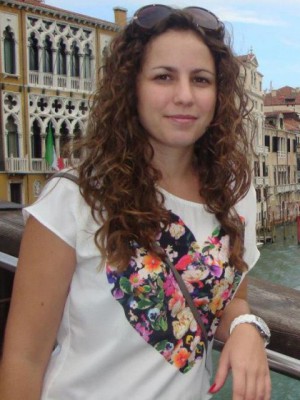abstract
Aiming to contribute to drug pre-formulation, new eutectic mixtures were developed. Thymol, coumarin, or quaternary ammonium chlorides as excipients, were combined with the active pharmaceutical ingredients (APIs) acetylsalicylic acid, acetaminophen, ibuprofen, ketoprofen, or lidocaine. Their solid-liquid equilibrium (SLE) binary phase diagrams were measured to study eventual phase separation between the compounds, preventing manufacturing problems, and to study the molecular interactions between the APIs and ionic or non-ionic excipients. The Conductor-like Screening Model for Real Solvents (COSMO-RS) capability to predict the SLE of mixtures containing non-ionic excipients was further evaluated. COSMO-RS gives a good quantitative description of the experimental SLE being a tool with great potential in the screening of eutectic systems containing APIs and non-ionic excipients. While thymol presents strong interactions with the APIs, and consequently negative deviations to thermodynamic ideality, systems containing coumarin follow a quasi-ideal behavior. Regarding the ionic excipients, both choline chloride and the tetraalkylammonium chlorides are unable to establish relevant interactions with the APIs, and no significant negative deviations to ideality are observed. The liquefaction of the APIs here studied is favored by using non-ionic excipients, such as thymol, due to the strong interactions it can establish with the APIs.
keywords
ACTIVE PHARMACEUTICAL INGREDIENTS; DRUG-DELIVERY SYSTEMS; 2-PHASE MELT SYSTEMS; PHASE-DIAGRAMS; TRANSDERMAL DELIVERY; LIQUID EQUILIBRIUM; CHOLINE CHLORIDE; BINARY-SYSTEMS; COSMO-RS; SOLVENTS
subject category
Pharmacology & Pharmacy
authors
Martins, MAR; Silva, LP; Jorge, PS; Abranches, DO; Pinho, SP; Coutinho, JAP
our authors
Groups
G4 - Renewable Materials and Circular Economy
G6 - Virtual Materials and Artificial Intelligence
acknowledgements
This work was developed within the scope of the project CICECO-Aveiro Institute of Materials, UIDB/50011/2020 & UIDP/50011/2020, and CIMO-Mountain Research Center, UIDB/00690/2020, both financed by national funds through the Portuguese Foundation for Science and Technology/MCTES. L.P.S. acknowledges FCT for her PhD grant (SFRH/BD/135976/2018).





